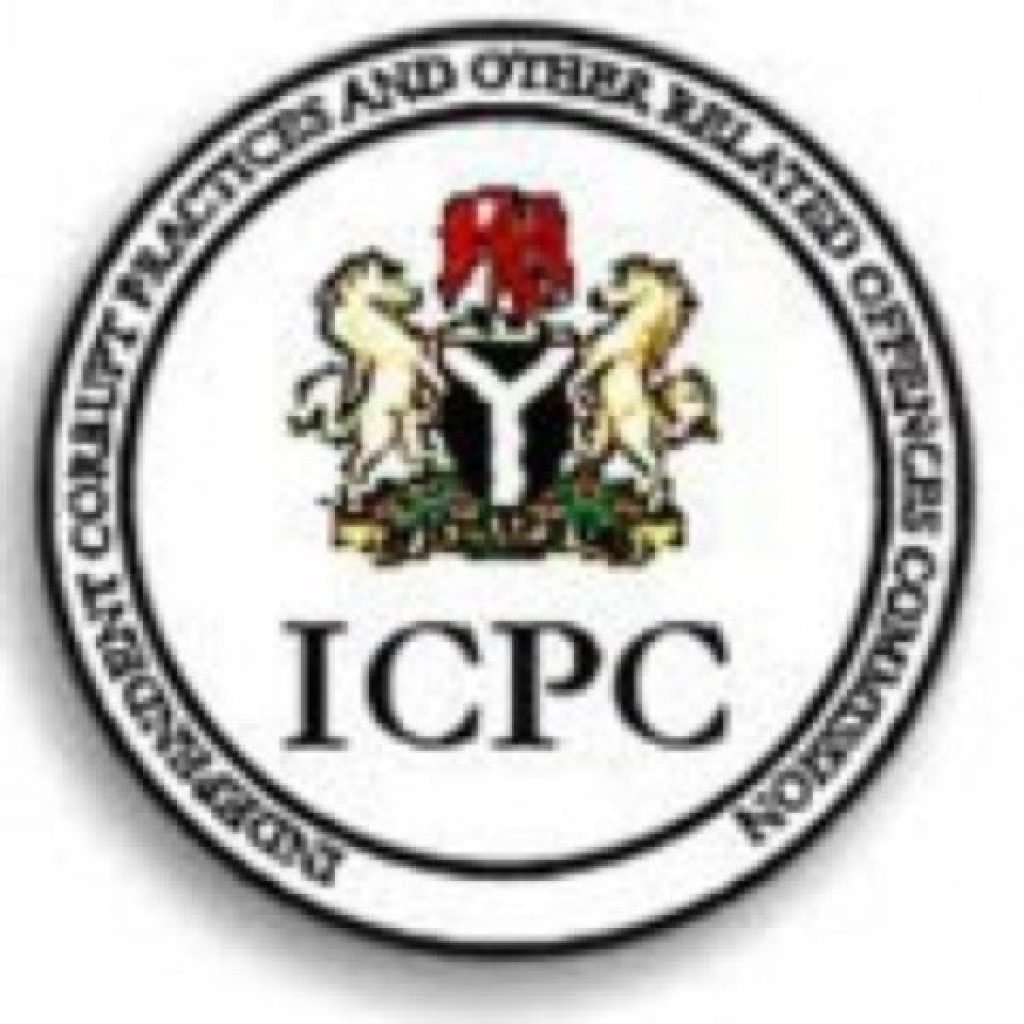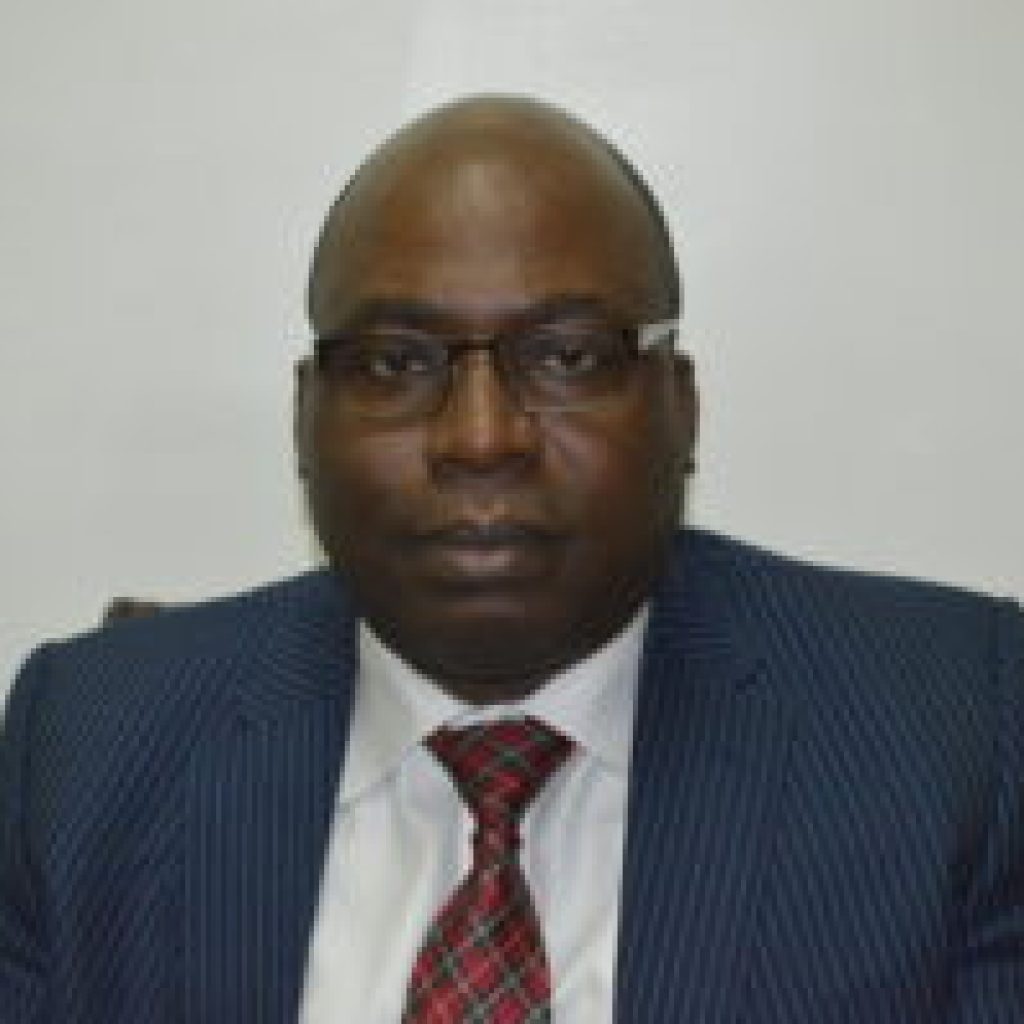

The Chairman, Independent Corrupt Practice and Other Related Offences Commission (ICPC), Prof. Bolaji Owosanoye, has tasked traditional rulers, Civil Society Organisations (CSO) and other stakeholders on supporting government in fighting corruption.
Owosanoye gave the charge on Tuesday in Abuja, at a training for CSOs, Faith Based Organisations (FBOs), Community Based Organisations (CBOs) and the Organised Private Sector (OPS) on strategies for the implementation of National Ethics and Integrity Policy (NEIP).

The training was organised by Anti-Corruption Academic (ACAN), the research and training arm of ICPC with the support of MacArthur Foundation.
The ICPC boss said that the design and implementation of NEIP identified and recognised, society leaders, religious leaders CSOs, FBOs, OPS and Civil Society Organisations as critical stakeholders.
He said that aim of the policy was to promote the core values such as human dignity, voice and participation, patriotism, personal responsibility, integrity, national unity, professionalism, and human dignity.
While urging them to own, drive the NEIP and to promote its success, Owasanoye said that everybody had a role to play in fighting corruption in the country.
He said that the fight against corruption should not be left in the hand of the government alone adding that“it takes collective responsibility to stamp out corruption in the society.”
He said the general perception that corrupt practices were solely perpetrated by the government officials was a fallacy, as there was no corrupt act that could be successfully carried out without the support of non-government officials.
Owasanoye said that most of the channels used by the corrupt government officials were made easy by the private sector and others. He said For example, contract sums are often inflated with the connivance of contractors.

“Without tackling corruption decisively, our development growth will be painstakingly slow or not growing at all.
“ICPC alone cannot make it happen, it has to do with everyone, it is a collective responsibility, the CSOs, FBOs OPS, the media and other stakeholders are gatekeeper against corruption,” he said.
He urged them not to wait for rewards, but to always report any suspected corrupt practices to the ICPC or relevant organisations to promote ‘voice and participation’.
The Provost of ACAN, Prof. Tunde Babawale, earlier in his address of welcome said the academy conducted the two-day training programme to help stakeholders implement NEIP with a view to stimulating desirable behavioural change.
“The NEIP was adopted by the Federal Executive Council in 2020. It expresses core values and normative prescriptions for all nationals and residents of Nigeria.
“The trainees at this two-day programme are from a broad cross-section of the private sector,
“This engagement with private sector organisations underscores the ICPC’s mandate which allows engendering integrity as a component of anticorruption efforts in both public and private sectors.
“This training project has the long term goal of helping stakeholders to translate the values prescribed by the NEIP Into anti-corruption behavior,” he said.
The Wambei of Keffi, Hon. Ibrahim AbdulUsman, who represented the Emir of Keffi at the event commended the organisers for involving the traditional institution for input because of its peculiarity and closeness to the people.
According to him, this will go a long way in solving some of the hindrances affecting the national uniity and development.
He noted that “any society without ethical conduct, which is one of our basic necessity of values and integrity, the fight against corruption will be lost.”
He, therefore. called for more public awareness on the policy and the penalty on whoever is found guilty, adding that this could be achieved either through town hail, student and street enlightenment programmes.

“I want to use this medium to appeal to this academy to reach out to all relevant bodies and organisations for their positive contributions towards the implementation strategies.
“I therefore urge this organisation to concentrate on those values, that add to the success of our fight against corruption, indiscipline, maltreatment, sectional differences and disunity in national unity, growth and development,” he said


